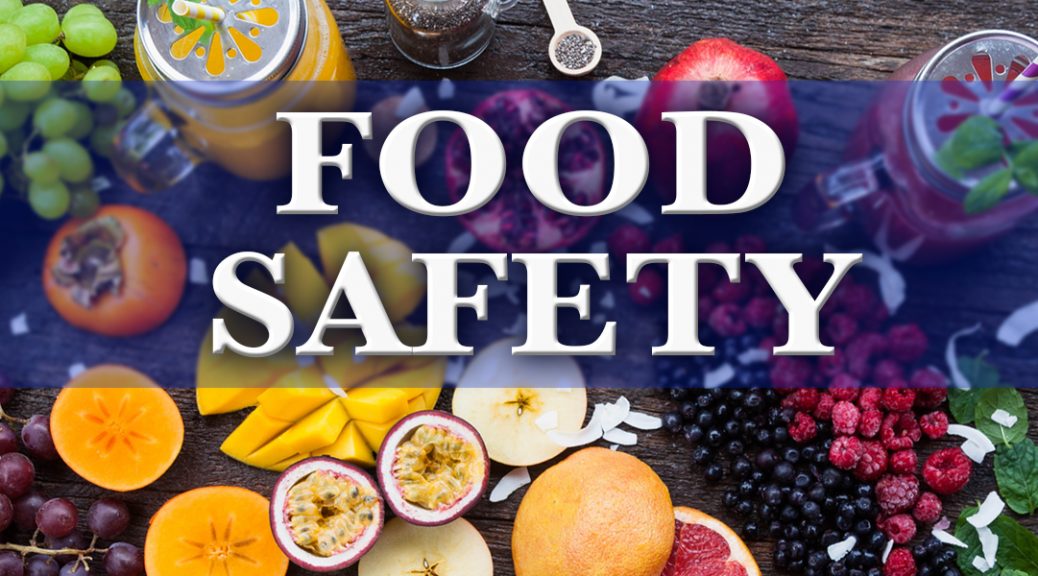NASHVILLE, Tenn. (TSU News Service) – As the nation deals with yet another foodborne outbreak, Tennessee State University recently hosted a workshop to discuss food safety and the latest preventive research.

Food safety experts at the state and national level attended the College of Agriculture’s two-day conference, “Securing Our Food Supply: Innovative technologies to improve food safety,” June 12-13.
Earlier this month, the Centers for Disease Control announced a multistate outbreak of salmonella linked to pre-cut melons. Before that, there was a recall on Romaine lettuce contaminated with E. coli.
So far, the salmonella outbreak has caused about 60 illnesses, while the lettuce contamination has made nearly 200 people ill since the outbreak in March, including five deaths.

“The CDC estimates that each year 48 million people get sick from a foodborne illness, 128,000 are hospitalized, and 3,000 die,” said Dr. Chandra Reddy, dean of TSU’s College of Agriculture.
“One effort to address preventing foodborne disease is the Food Safety Modernization Act, which aims to increase preventive measures across the entire food chain based on robust science and risk assessment.”
TSU is among the leaders in food safety. The university recently added several food safety professors, and has received millions of dollars from the U.S. Department of Agriculture to address the issue.

Two of TSU’s Ag professors whose research has been nationally recognized are Dr. Sandria Godwin and Dr. Ankit Patras, both of whom helped organize this week’s workshop.
Godwin, a family and consumer science professor at TSU, recently received a $2.4 million USDA grant to study poultry and food safety. Patras has also received funding from the USDA, and will be presenting cutting-edge research using pasteurization/sterilization at an international conference in Chicago next month.
“TSU is taking the lead … to see what is really causing those outbreaks, and how we can prevent them,” said Patras.

Dr. Max Teplitski, a national program leader in Food Safety and Microbiology at the USDA National Institute of Food and Agriculture (NIFA), said TSU’s research and other preventive technology being explored globally will hopefully put consumers’ minds at ease.
“Consumers seek not only the lowest cost calories, they’re also concerned with the health outcomes, and food safety,” said Teplitski, who spoke to workshop attendees remotely. “These trends are driving the need for research and education programs to be undertaken and developed.”
To learn more about TSU’s College of Agriculture and its food safety research, visit http://www.tnstate.edu/agriculture/
Department of Media Relations
Tennessee State University
3500 John Merritt Boulevard
Nashville, Tennessee 37209
615.963.5331
About Tennessee State University
With more than 8,000 students, Tennessee State University is Nashville’s only public university, and is a comprehensive, urban, co-educational, land-grant university offering 38 bachelor’s degree programs, 25 master’s degree programs and seven doctoral degrees. TSU has earned a top 20 ranking for Historically Black Colleges and Universities according to U.S. News and World Report, and rated as one of the top universities in the country by Washington Monthly for social mobility, research and community service. Founded in 1912, Tennessee State University celebrated 100 years in Nashville during 2012. Visit the University online at tnstate.edu.
